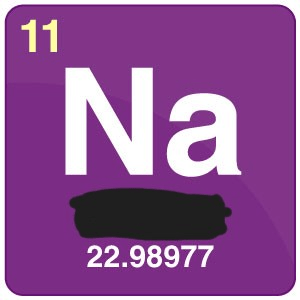Smallest unit of matter
What is an atom
A positively/ negatively charged atom
What is an Ion?
the bonding of 2 or more atoms
What is a molecule
Sugar, Rice, Pasta, Bread
What is a carbohydrate
Gasses, Liquids, Solids
What is the states of water
A bond that shares electrons between atoms
What is a covalent bond
the process in which atoms are bonded by gaining or losing an electron
What is an ionic bond
Carbohydrates, Lipids, Proteins, Nucleic Acid
What is the four major macromolecules
How a leaf or paperclip can float on water
What is surface tension
The simplest and purest form of an atom; Cannot be broken down naturally
What is an element
A positively charged ion
What is a cation
DNA and RNA; Genetic Information
What is Nucleic Acid
Long term storage of energy
What is lipids
Similar to a battery or magnet
What is polar and non-polar
The positive, negative and neutral charges within an atom
What is proton, electron and neutron
The most versatile macromolecule that covers transportation, communication, digestive enzymes
What is a protein
Forms the cell membrane structure
Extra 200 points
What is the name of the cell membrane ?
What is lipids
Phospholipids
Sticking with the same substances; Sticking to different substances
What is cohesion and adhesion
 What is the element
What is the element
What is sodium?
The total number of rings and electrons for an atom
What is electron configuration
The building blocks of all macromolecules
What is monomer and polymers
single and multiple building blocks of carbohydrates
What is monosaccharides and polysaccharides
the boiling point of water is 100o C, 212o F
What is the heat capacity